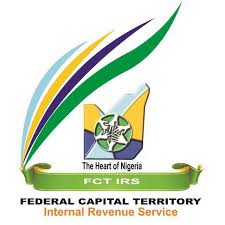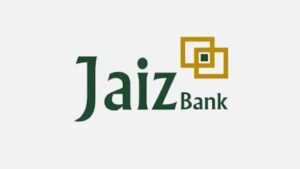How DBN’s N23bn debut bond boost MSMEs funding
The Development Bank of Nigeria (DBN) has raised some N23 billion from its debut local bond issuance, allowing the country’s foremost wholesale Development Finance Institution more money to continue to fund the Micro, Small, and Medium-Scale Enterprises (MSMEs).
The issuance is part of the DBN’s N100bn medium-term bond program and came a few months after Tony Okpanachi, the managing director/CEO indicated plans to continue to expand the bank’s funding base both in terms of capital and debt, just as may be appropriate to meet the needs of MSMEs.
The program’s objective is to expand DBN’s capacity to provide funding for the critical sectors of the economy, especially to spur the growth and development of MSMEs in the country.
The N20bn series 1 bond deal was oversubscribed and was issued at a 14.40 percent coupon rate with a maturity of five years, due in 2028. DBN’s initial plan was to raise about N20 billion from this first phase, however the deal recorded total subscription of N25.37 Billion, indicating 1.26 times oversubscription. It was then launched at a clearing coupon of 14.40 percent with N23 billion in qualified bids.
DLM Advisory was the lead issuing house for the bond issuance, with Standard Chartered Bank as joint issuing house. Other parties to the transaction include G. Elias, Meristem, First City Monument Bank, Access Bank, Deloitte, Zenith Bank, Agusto &Co., GCR Ratings, an affiliate of Moody’s Investors Service, Olaniwun Ajayi, and ARM Trustees.
At the signing ceremony which was held in Lagos, Okpanachi, DBN’s CEO reiterated the bank’s commitment to its core corporate mandate of supporting MSMEs by leading the charge in deepening access to finance. This would then enable small businesses to play the critical role of wealth and job opportunities for the nation’s unemployed youths.
“The purpose of this issuance is to locally raise capital to meet the needs of the MSME sub-sector of the economy which is huge and whatever we are trying to raise will boost our funding base for them,” Okpanachi stated.
Since commencement of operation about six years ago, the DBN had relied on the initial funding from its foreign development partners, therefore the debut bond became the first time that it would source funds locally.
MSMEs are, collectively, the largest employers in many low-income countries including Nigeria, yet their viability is being threatened by not just lack of access to risk-management tools such as savings, insurance and credit, but often stifled by restricted access to credit, equity and payments services.
According to a 2020 survey by PricewaterhouseCoopers (PwC), Nigeria has over 41.5 million MSMEs, which is 96% of the total number of businesses, contributing to over 50% of Nigeria’s GDP and accounting for over 80% of employment in the country.
The support for SMEs in the country has become critical, with over 80 percent of Nigeria’s population now dependent on the informal economy
Despite the crucial role in economic growth, poverty reduction, employment creation, and shared wealth creation, less than 5% of these businesses have access to credit in the financial system.
DBN was therefore created in 2017 to alleviate some of these financing constraints. This, it does through the provision of financing and partial credit guarantees to eligible financial intermediaries on a market-conforming and fully financially sustainable basis.
The bank was created out of a collaboration between the federal government and global development partners including the World Bank, African Development Bank, KfW Development Bank, French Agency for Development (AFD) and European Investment Bank (EIB).
From inception, DBN understood the huge challenges which MSMEs face, and committed to playing a focal and catalytic role in providing funding and risk-sharing facilities. It would also incentivise financial institutions, predominantly Deposit-Money and Microfinance Banks, by augmenting their capacity and by providing them with funding facilities designed to meet the needs of these smaller clients.
The bank however, operates a Wholesale lending model, which means it does not lend directly to MSMEs. Instead, it lends through its participating financial institutions (PFIs), which are primarily Commercial Banks and Microfinance Banks.
Okpanachi noted that the successful local bond issuance was therefore a clear validation of the bank’s commitment to not just rely on off-shore funds but is capable of even raising monies locally – a strategic shift towards diversified sources of funding.
“This move not only enhances DBN’s financial sustainability but also fosters financial independence and resilience,” the MD stated.
Okpanachi also emphasised that as an institution, the DBN’s primary purpose is to alleviate financing constraints faced by MSMEs and small corporates in the country through the provision of financing and partial credit guarantees to eligible financial intermediaries on a market-conforming and fully financially sustainable basis.
“What we are doing essentially, is expanding our funding base beyond the development partners to catalyse funds within the economy itself to lend to MSMEs,” he said. He further urged young entrepreneurs to take advantage of these funds to upscale their business operations, in order to thrive and build sustainable businesses.




